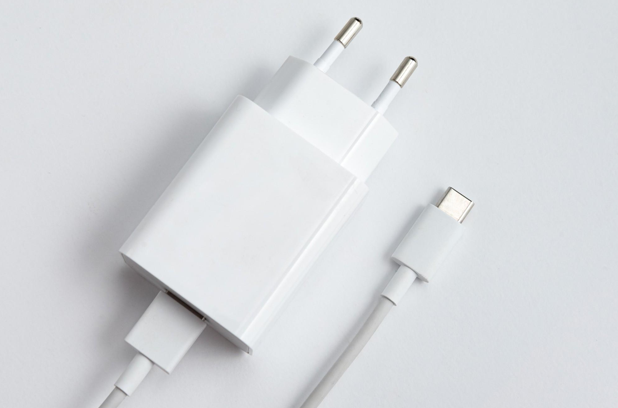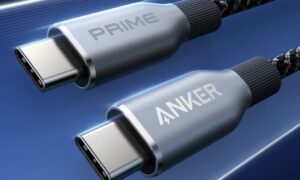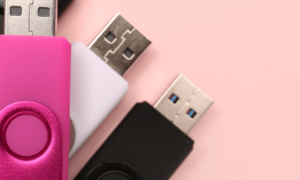The USB Type-C cable has revolutionized the way we connect and power our devices, offering fast charging, high-speed data transfer, and universal compatibility. As technology continues to evolve, manufacturers are pushing the boundaries to enhance the performance, durability, and versatility of USB Type-C cables. In this article, we explore the future of USB Type-C cables, the latest innovations, and what top manufacturers are doing to meet growing consumer demands.
The Evolution of USB Type-C Technology
USB Type-C was introduced as a universal solution to the limitations of older USB versions. Unlike USB-A and USB-B, Type-C cables are reversible, eliminating frustration when plugging in devices. With advancements such as USB 3.2, USB4, and Thunderbolt 4, these cables now support higher data transfer speeds, improved power delivery, and broader compatibility with various devices, including smartphones, laptops, tablets, gaming consoles, and even smart home appliances.
Faster Data Transfer and Charging Speeds
One of the most significant advancements in USB Type-C technology is its ability to support ultra-fast data transfer and charging speeds. Current USB4 cables offer transfer rates up to 40Gbps, making them ideal for high-resolution video streaming, large file transfers, and high-performance computing.
In terms of power delivery, USB Type-C cables now support up to 240W of power through the latest USB Power Delivery (USB PD) standards. This allows users to charge power-hungry devices such as gaming laptops, electric scooters, and even some medical equipment efficiently. In the future, manufacturers aim to improve energy efficiency, reduce heat dissipation, and enhance charging safety features to prevent overheating or overvoltage issues.
Durability and Longevity
One common complaint among consumers is the fragility of charging cables. Manufacturers are now focusing on improving the durability of USB Type-C cables by using reinforced materials like braided nylon and Kevlar and stronger connectors with enhanced strain relief. Future innovations include self-healing cables that can repair minor cuts and bends, ensuring a longer lifespan and reducing electronic waste.
Additionally, companies are investing in better insulation techniques and corrosion-resistant materials to withstand extreme temperatures and environmental conditions. These enhancements will make USB Type-C cables more reliable for outdoor use, industrial applications, and military-grade equipment.
Universal Compatibility and Smart Features
The versatility of USB Type-C cables continues to expand, with manufacturers developing smarter solutions for seamless device integration. Future iterations of USB Type-C technology may include:
- Embedded Chips: Advanced USB Type-C cables will have built-in smart chips that can automatically adjust power levels, optimize data transfer speeds, and detect potential compatibility issues.
- Multi-Protocol Support: Upcoming cables will likely support multiple standards, including HDMI, DisplayPort, and Ethernet, reducing the need for multiple cables and adapters.
- Wireless Integration: Some manufacturers are researching hybrid solutions that combine wired and wireless technology, allowing users to switch between cable charging and wireless power transfer seamlessly.
Eco-Friendly and Sustainable Manufacturing
Sustainability is becoming a key priority for the tech industry, and usb type c cable manufacturer are no exception. Companies are working towards producing cables using biodegradable materials, recycled metals, and non-toxic coatings to minimize environmental impact. Additionally, efforts are being made to reduce e-waste by designing modular cables with replaceable components, allowing users to swap out damaged parts instead of discarding entire cables.
Security and Data Protection
With the rise of cyber threats, manufacturers are incorporating enhanced security features in USB Type-C cables. Future models may include encryption technology to protect data transmission, preventing unauthorized access and data breaches. Some cables may also feature biometric authentication, allowing only authorized users to access the data or charging function.
The Role of Leading Manufacturers
Top manufacturers are continuously innovating to stay ahead in the competitive market. Companies like Anker, Belkin, and Apple are investing in research and development to enhance cable efficiency and reliability. Additionally, new players in the industry are introducing cost-effective yet high-performance alternatives to cater to budget-conscious consumers.
A reputable USB Type-C cable manufacturer must adhere to strict industry standards, ensuring compliance with safety regulations and performance benchmarks. This guarantees that consumers receive high-quality cables that meet their specific needs, whether for personal, professional, or industrial use.
Conclusion
The future of USB Type-C cables is promising, with significant advancements in speed, durability, security, and sustainability. As technology progresses, manufacturers will continue to develop smarter, more efficient, and environmentally friendly solutions to meet the demands of modern consumers. Whether it’s faster charging, better data security, or enhanced durability, USB Type-C cables will remain a crucial component of the digital world for years to come.



































